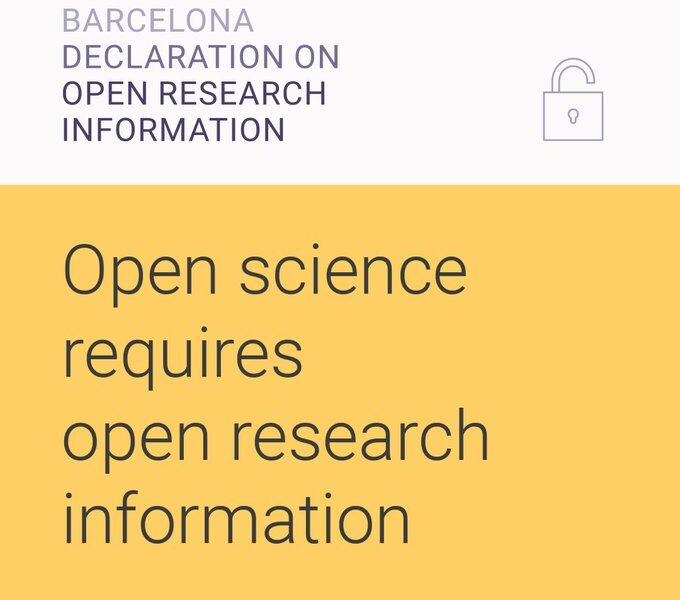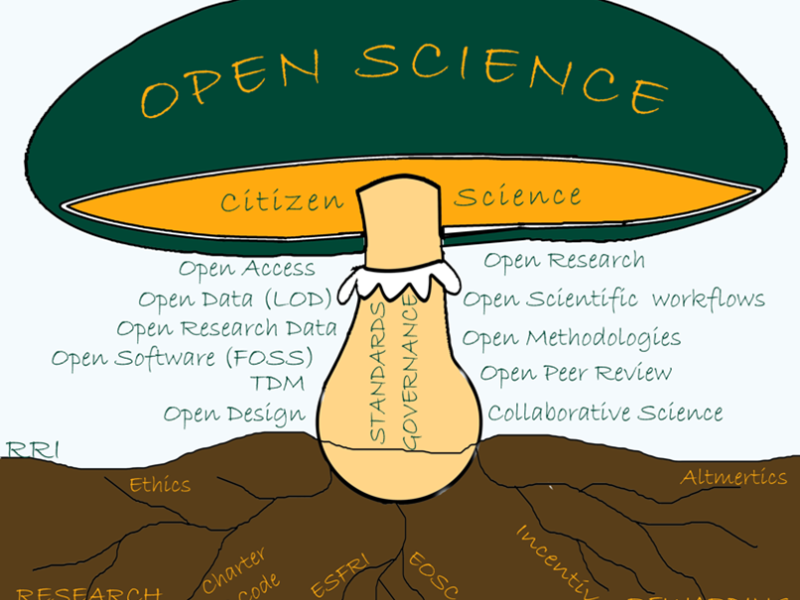Why We Need Research Assessment
Why We Need Research Assessment https://opusproject.eu/wp-content/uploads/2023/02/pexels-startup-stock-photos-212286.jpg 1 1 Open and Universal Science (OPUS) Project Open and Universal Science (OPUS) Project https://opusproject.eu/wp-content/uploads/2023/02/pexels-startup-stock-photos-212286.jpgIn recent years, there has been a growing emphasis on transparency and integrity in research, particularly in the context of open science. Open science refers to the practice of making research more transparent, collaborative, and accessible to the wider community. This includes making research data, materials, and findings openly available for others to use and scrutinize.
Research assessment, or the evaluation of research for the purposes of funding, hiring, promotion, and other career advancements, plays a crucial role in promoting transparency and integrity in open science. In this article, we will explore why research assessment is important in regards to the transparency and integrity of open science.
Transparency in Research Assessment
Transparency is a key aspect of open science, and it is essential in research assessment as well. Researchers must be transparent about their methods, data, and findings to ensure that their work can be reproduced and validated by other researchers. When research assessment is transparent, it helps to promote this transparency in research.
For example, when a research assessment is conducted using clear, objective, and publicly available criteria, it allows researchers to understand what is expected of them, and it provides a clear roadmap for how they can improve their work. Furthermore, when research assessment is transparent, it helps to prevent bias and ensure that decisions are made based on the quality of the research, rather than personal opinions or affiliations.
Integrity in Research Assessment
Integrity is another important aspect of open science, and it is critical in research assessment as well. Research assessment must be conducted with integrity to ensure that the results are reliable, accurate, and trustworthy. Researchers must be honest about their findings, and they must avoid any conflicts of interest that could compromise the integrity of their work.
When research assessment is conducted with integrity, it helps to promote integrity in research. For example, when researchers know that their work will be evaluated based on its quality, rather than on their personal connections or affiliations, they are more likely to prioritize the integrity of their work. Furthermore, when research assessment is conducted with integrity, it helps to ensure that funding, hiring, and promotion decisions are made based on merit, rather than on personal biases or preferences.
Challenges to Research Assessment in Open Science
Despite the importance of research assessment in promoting transparency and integrity in open science, there are still challenges that must be addressed. One of the main challenges is the lack of standardized criteria for research assessment. Without clear, objective criteria, it can be difficult to compare and evaluate research across different disciplines and research areas. This can lead to inconsistencies in research assessment and can make it difficult to ensure that funding, hiring, and promotion decisions are based on merit.
Another challenge is the lack of transparency in the peer review process. Peer review is an essential part of research assessment, but it can be difficult to ensure that the process is transparent and unbiased. For example, reviewers may have conflicts of interest that are not disclosed, or they may be biased against certain types of research. To address these challenges, there has been a growing movement to make the peer review process more transparent, by making reviews and reviewer identities publicly available.
Conclusion
In conclusion, research assessment plays a critical role in promoting transparency and integrity in open science. Transparent and objective research assessment criteria can help to promote transparency and prevent bias, while research assessment conducted with integrity can help to ensure that funding, hiring, and promotion decisions are based on merit. However, there are still challenges that must be addressed, including the lack of standardized criteria for research assessment and the need to make the peer review process more transparent. By addressing these challenges, we can ensure that research assessment continues to promote transparency and integrity in open science.
- Post Tags:
- #OpenScience
- #ResearchAssessment
- Research
- Posted In:
- Open Science News




